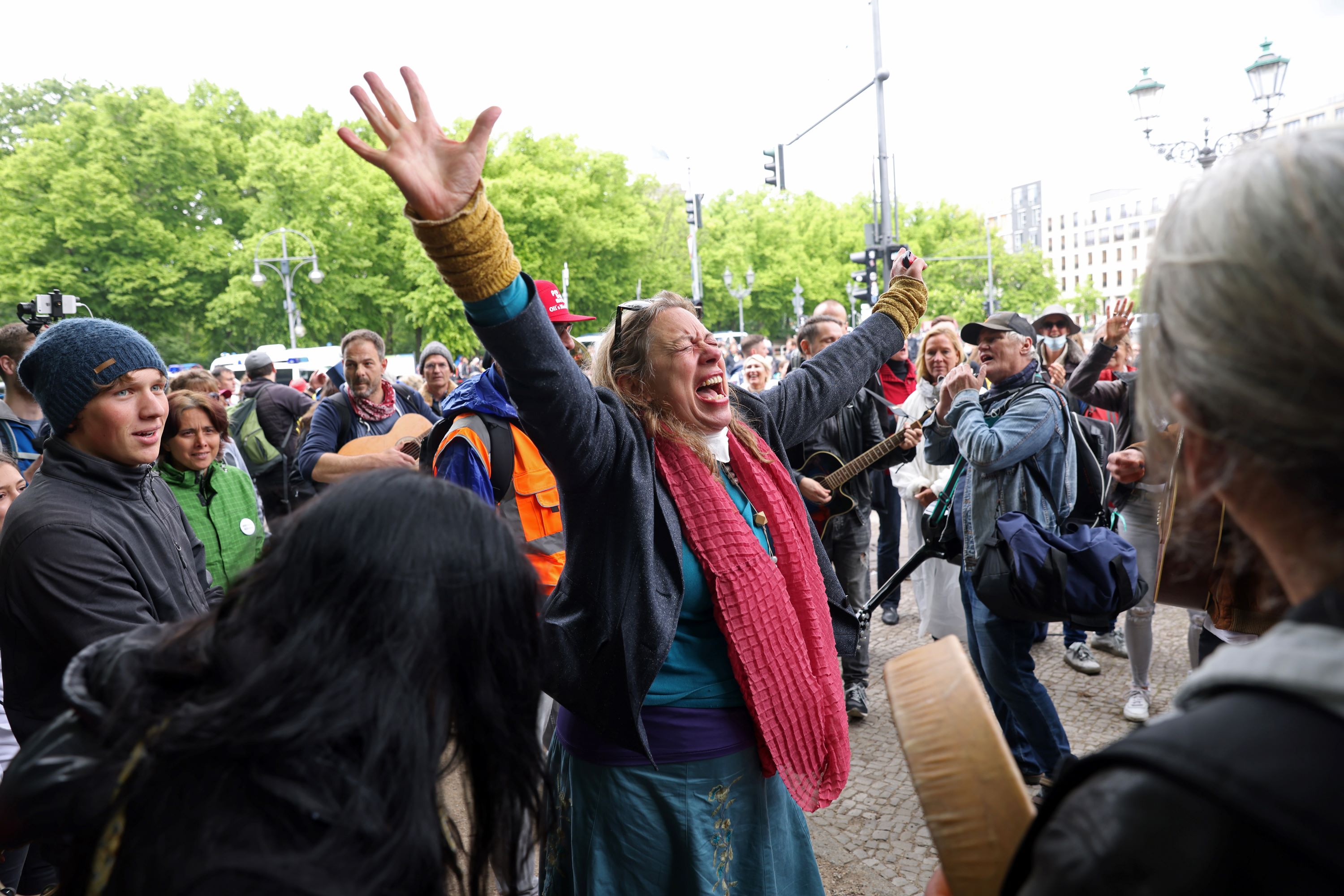Journalists are bound to tell the truth, not give platforms to positions which are demonstrably wrong in a misguided attempt to be ‘impartial’.
“Flat-earthers are not going to get as much space as people who believe the Earth is round, but very occasionally it might be appropriate to interview a flat-earther. And if a lot of people believed in flat Earth we’d need to address it more.”
The BBC’s director of editorial policy, David Jordan, tried to make a defence of impartiality. Instead, he inadvertently showed us why the dogma is so dangerous.
It’s time to end both-sidesism. For so long, the idea of impartiality has been treated as more a matter of faith than a principle to be debated.
Where does this end? If we’re giving airtime to flat-earthers, then surely Syrian war crimes deniers are entitled to a platform. How about genocide deniers, 9/11 conspiracy theorists, and people who think there’s no climate emergency?
In the UK, the dogma of impartiality led the media to the false equivalence trap during Brexit. Pro-EU campaigners were given their share of airtime, and then the other side said it had "had enough" of listening to experts and fed viewers factually incorrect claims.
On other issues, too, the shrine of impartiality has taken us to dangerous places.
It took the BBC until 2018 to recognise that it wasn’t necessary to host a climate crisis denier to balance a debate about the impending environmental emergency. The BBC briefing note read:
“To achieve impartiality, you do not need to include outright deniers of climate change in BBC coverage, in the same way you would not have someone denying that Manchester United won 2-0 last Saturday. The referee has spoken.”
But that was a long three years ago. Before COVID conspiracy theories and leaders in the UK and US began regularly mixing fact with fiction.
Why is impartiality valued more highly than truth? We know that we’re failing as journalists when around 25 percent of people avoid the news in the UK, and one of the main reasons is because they can’t trust the news to be true.
Journalists are not naive storytellers incapable of discerning fact from fiction
If we don’t stop giving a platform to things we know are false, how are we going to win back that trust?
Ironically, it’s the BBC that is leading the way in the UK’s fight against fake news: they have a specialist reporter covering disinformation online, and in 2021, they appointed their first health disinformation reporter.
BBC investigations bring wrongs to light. Every day, the BBC’s journalists speak truth to power. Being told that maybe they might need to see what flat-earthers think about the earth not being flat, is an insult to their work.
The BBC is in a perilous position. The UK culture minister and former reality TV contestant, Nadine Dorries, has just strongly hinted that she will scrap the licence fee - the BBC’s unique funding model where TV owners pay around $215 per year. She’s frozen the licence fee until 2024, in the latest attempt to starve the organisation, in what feels like a long-running government war on the BBC.
The BBC also operates in a strict regulatory environment, where Ofcom, the UK broadcast regulator, can impose penalties on channels that don’t maintain “due impartiality” (although Ofcom is explicit that does not mean representing every argument, or giving equal airtime to opposing sides).
I know what you’re thinking: give them a platform, and then robustly challenge them. Let their arguments crumble in the face of a tough line of questioning. Here’s the danger with impartiality purists: simply repeating false claims - even if it’s challenged - can push people to believe the false statement.
This isn’t a manifesto for throwing impartiality out of the window. We’re not campaigners or activists. We shouldn’t have an agenda.
But we’re also not naive storytellers incapable of discerning fact from fiction. The New York Times and many other publications did readers a service when they called former President Donald Trump’s lies, lies.
Fairness doesn’t mean giving a platform to factual inaccuracies just because they’re popular. That’s what Twitter is for.
There are not always two sides to every story.
Sakhr Al-Makhadhi is Executive Producer for AJ+
The views expressed in this article are the author’s own and do not necessarily reflect Al Jazeera Journalism Review’s editorial stance




















![Palestinian journalists attempt to connect to the internet using their phones in Rafah on the southern Gaza Strip. [Said Khatib/AFP]](/sites/default/files/ajr/2025/34962UB-highres-1705225575%20Large.jpeg)




















